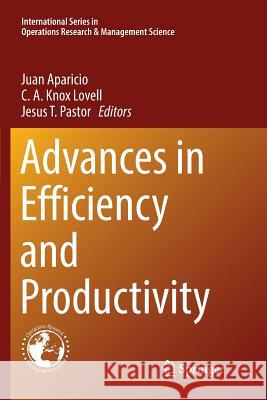Advances in Efficiency and Productivity » książka
topmenu
Advances in Efficiency and Productivity
ISBN-13: 9783319839479 / Angielski / Miękka / 2018 / 415 str.
Kategorie:
Kategorie BISAC:
Wydawca:
Springer
Seria wydawnicza:
Język:
Angielski
ISBN-13:
9783319839479
Rok wydania:
2018
Wydanie:
Softcover Repri
Ilość stron:
415
Waga:
0.59 kg
Wymiary:
23.39 x 15.6 x 2.18
Oprawa:
Miękka
Wolumenów:
01
Dodatkowe informacje:
Wydanie ilustrowane











